A solid routine when implementing a math workshop model is a must. For one, it minimizes transition time between rotations. Routines also help students be independent because they know what to do, when to do it, and with what. Finally a math workshop routine allows learning to be the main focus. When routines are consistent, the differentiated learning that can take place is worth the extra set up and practice!
Organize materials
First organize all of your materials into unit bins. A version of this can be seen here and here. I purchased file bins in bulk from Home Depot. Over the summer I pulled out all of my math task cards, hands on booklets, answer keys, and activities and sorted them by unit into the bins. I literally threw everything into the bin.Next organize all of the manipulatives in bulk. I was blessed with a old card catalog that I spruced up with these fabulous labels.
But you can use the shoe storage bins from dollar tree for the same effect. Just make sure that the manipulatives are in a kid-friendly location.
Choose a rotation system or invent your own
Then decide on how you will break up your rotations. There are several handy acronyms that can be applied to your district's math program. I settled on The Clutter-Free Classroom's M.A.T.H. four rotation system. You can read more about that here and purchase the rotation board here.Display your rotation board in the room. I also keep track of the math groups. Since my groups change frequently, I laminated the group name, but I update it per unit with a sticky note with the students' names on it. I keep this on the inside of the cabinet so students can peak if they need to, but it isn't on full display for visitors.
Organize student math bins for easy rotations
In the beginning of the year, I assign everyone a numbered math bin. In their bin, they keep their workbook, notebook, a few pencils, white board, marker, eraser and ruler. They bring these with them to each rotation to lesson trips back and forth to their desk. This routine really cuts down on set up and transition time too!Bow down to the Math Binder
Now that the room is organized and materials are loosely gathered for each unit inside the file boxes, the only thing I do at the beginning of each new unit is to set up my Math Binder. The Math Binder routine is by far the best system I have used in my many years of teaching math and trying various routines.Here is how it works - each unit, I pull out the box that I chucked all of the materials in quickly over the summer. I put the task cards into binder sleeves into the binder. I put copies of the task card answer keys and run off a set of the recording sheets that are also stored in the binder. I also copy a bunch of related fast finisher activities and/or games and put them in the binder.
I put a copy of our math program's workbook answer key into the math binder.
I put any math hands on craft samples I have made stored in the unit bin into the binder.
I also make a set of QR codes that link to various YouTube videos about that unit's topic for students that need reteaching.
So basically the routine is to take the stuff from your unit bin and put it into the binder. It really is that basic but let me explain why this is awesome.
Each day, I write on my whiteboard what each center will be doing. I use painters tape on the whiteboard to mark off the area to write (it won't damage the board).
If students are not meeting with me, they need to be able to get what they need for that day and get started. I do not have the time to set everything up ahead of time every day and make sure it is differentiated.
But what I can do is get them used to the routine of finding their materials in the binder and grabbing whatever drawer of manipulatives from the card catalog that goes with that activity.
Since everything they need is right there, they can get set up independently and even check their own work independently while I'm meeting with my group. If they ever finish the activity in another rotation early, they visit the binder to pull a game or fast finisher. Since these change with every unit, students do not get bored either.
Plus a binder is really easy to clean up at the end of our rotation time and takes up minimal storage! Since I only store a unit at a time in the binder, at the end of the unit, I take everything out and throw it back in the unit bin. I have used this routine all year and can take down and set up the binder very quickly.
Since I added the binder to my math workshop routine, it has freed up a lot of time for me to better plan my small group math lessons. I know that my other rotations are taken care of for the length of the unit. I've also started to differentiate within the binder by marking certain sets of task cards and fast finisher activities for specific groups.
How are you running your math block? I love to learn how others are tweaking math workshop to work for them! Be sure to check out my Math Pinterest board - I'm also pinning math workshop routines and math activities!
Follow Technology Erintegration's board Math on Pinterest.











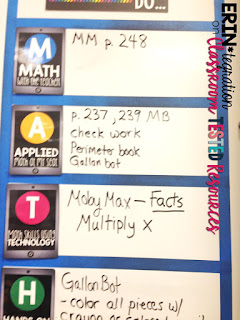


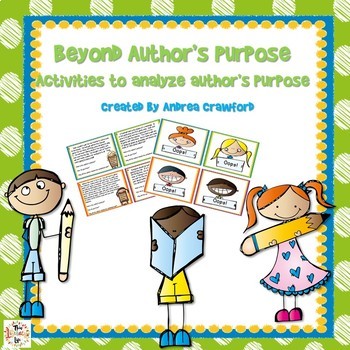
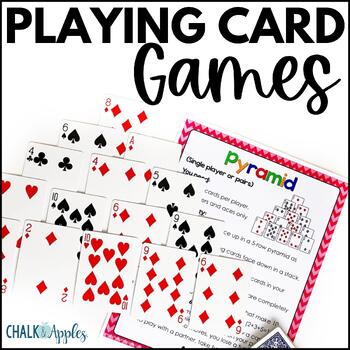
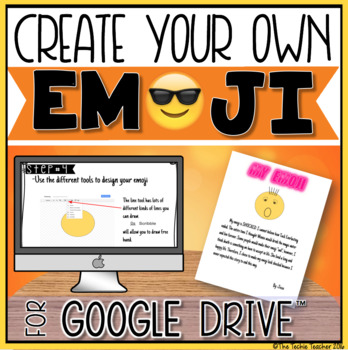

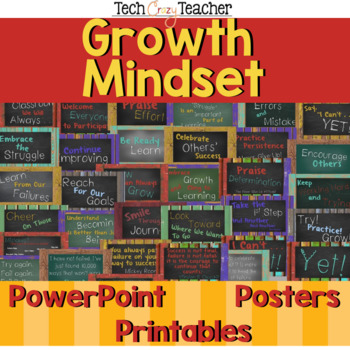
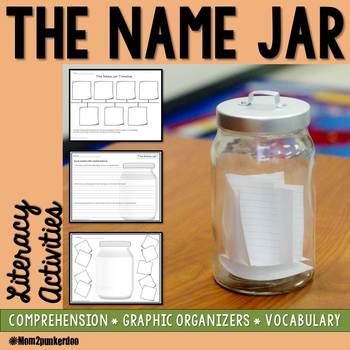
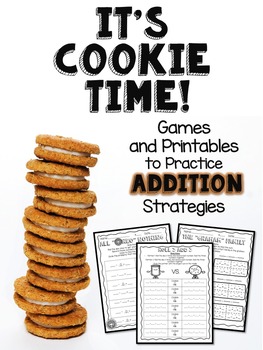
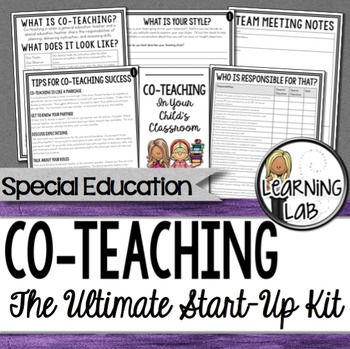
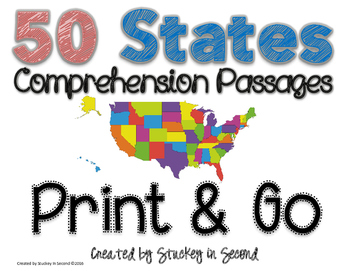
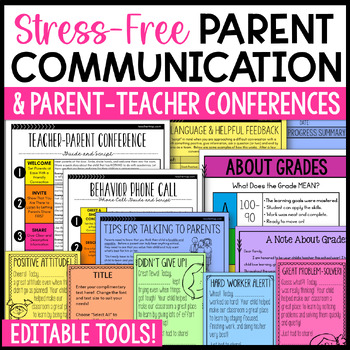
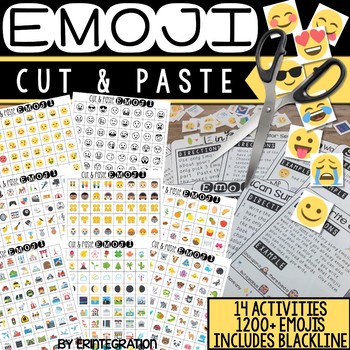
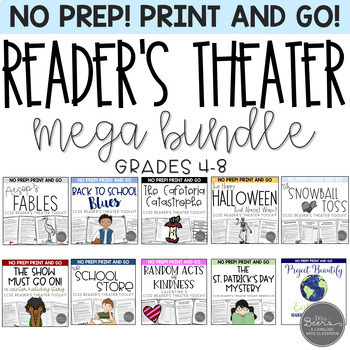
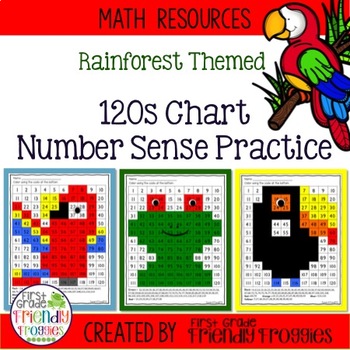
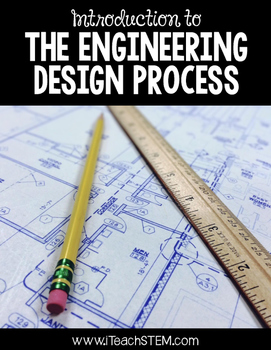

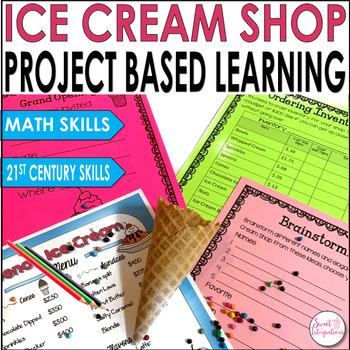




















I love your ideas, Erin. After reading this, you must be very organized.
ReplyDeleteCan you tell me what your last station for H says? Hands on is all that shows in the picture
ReplyDelete